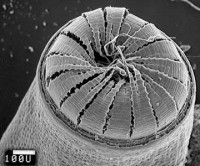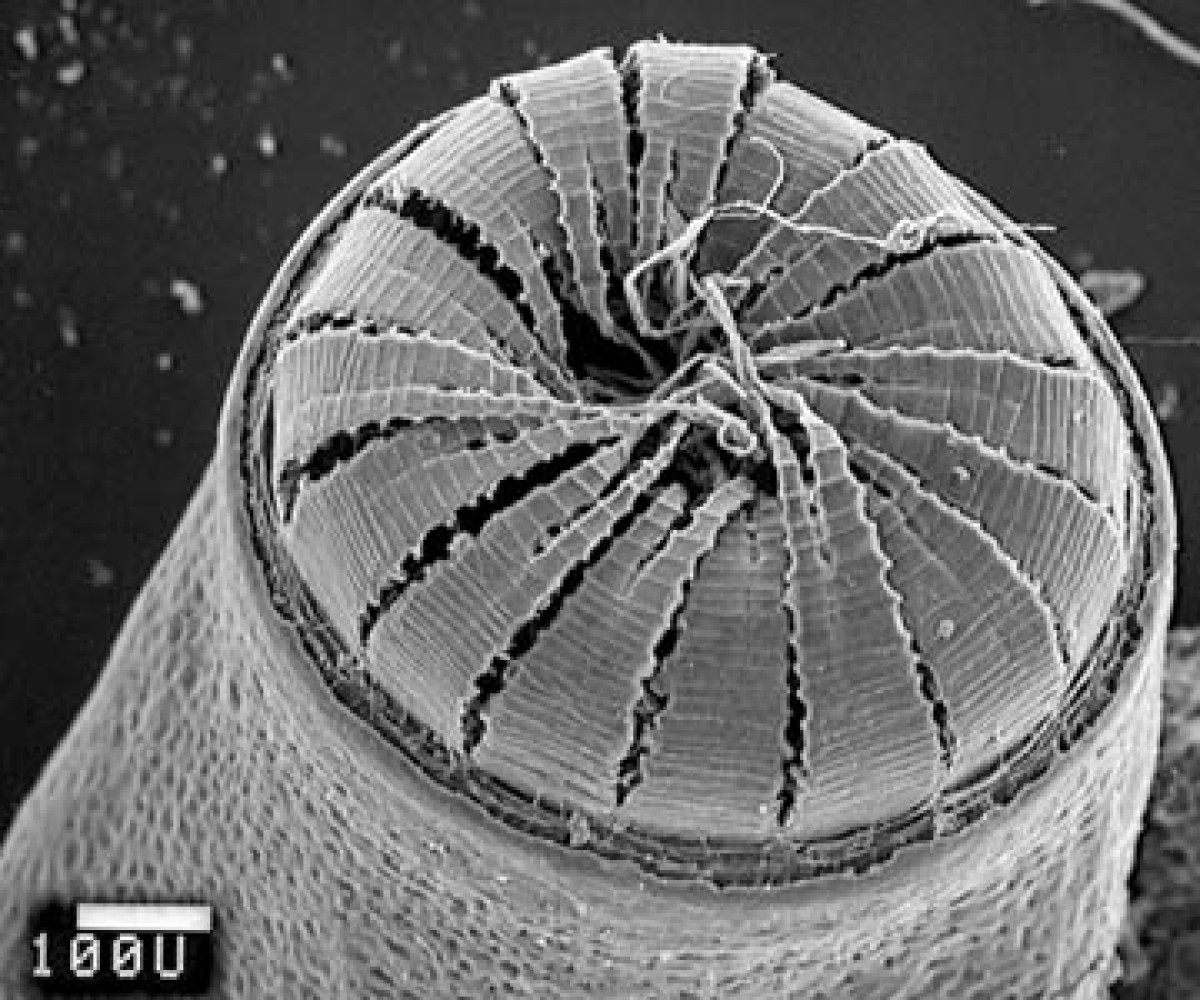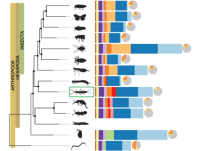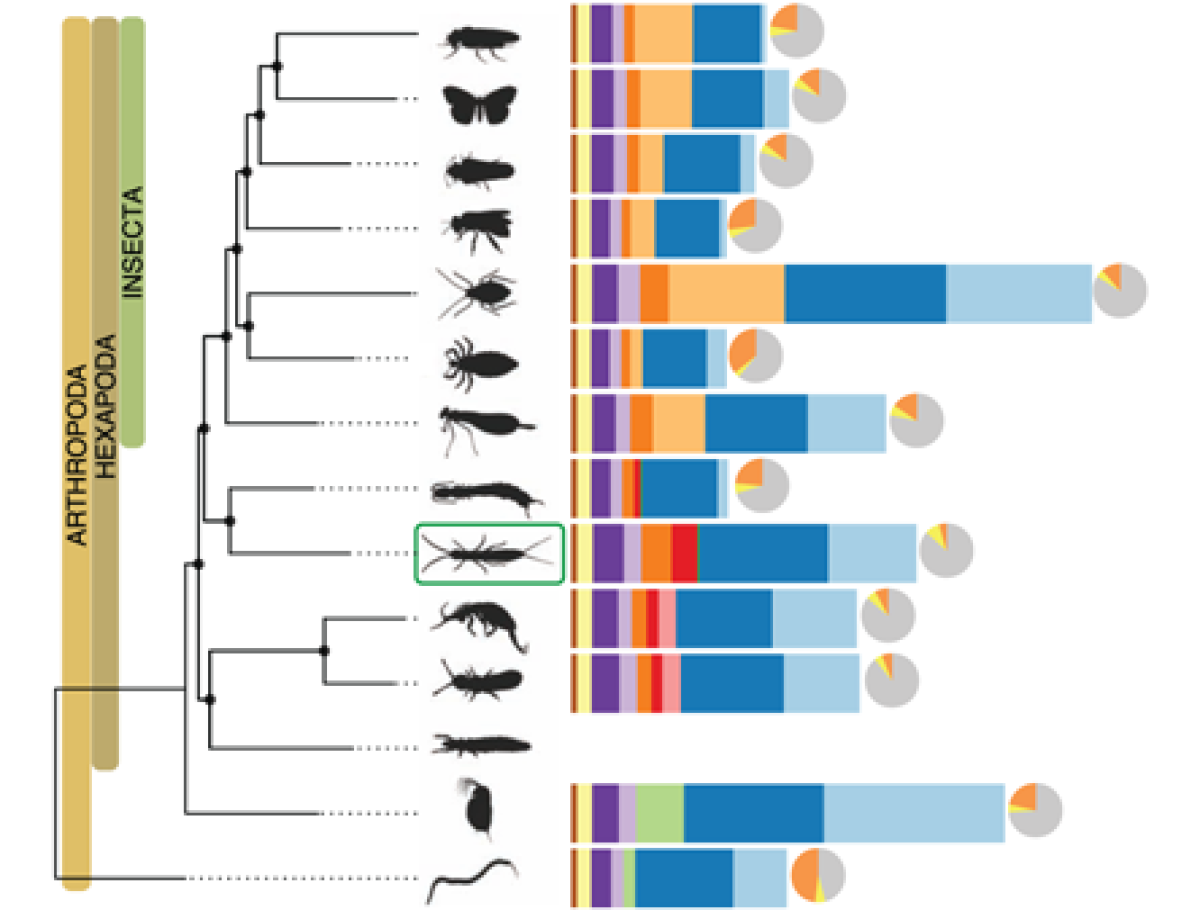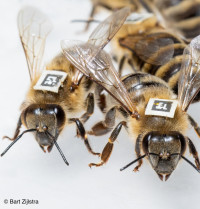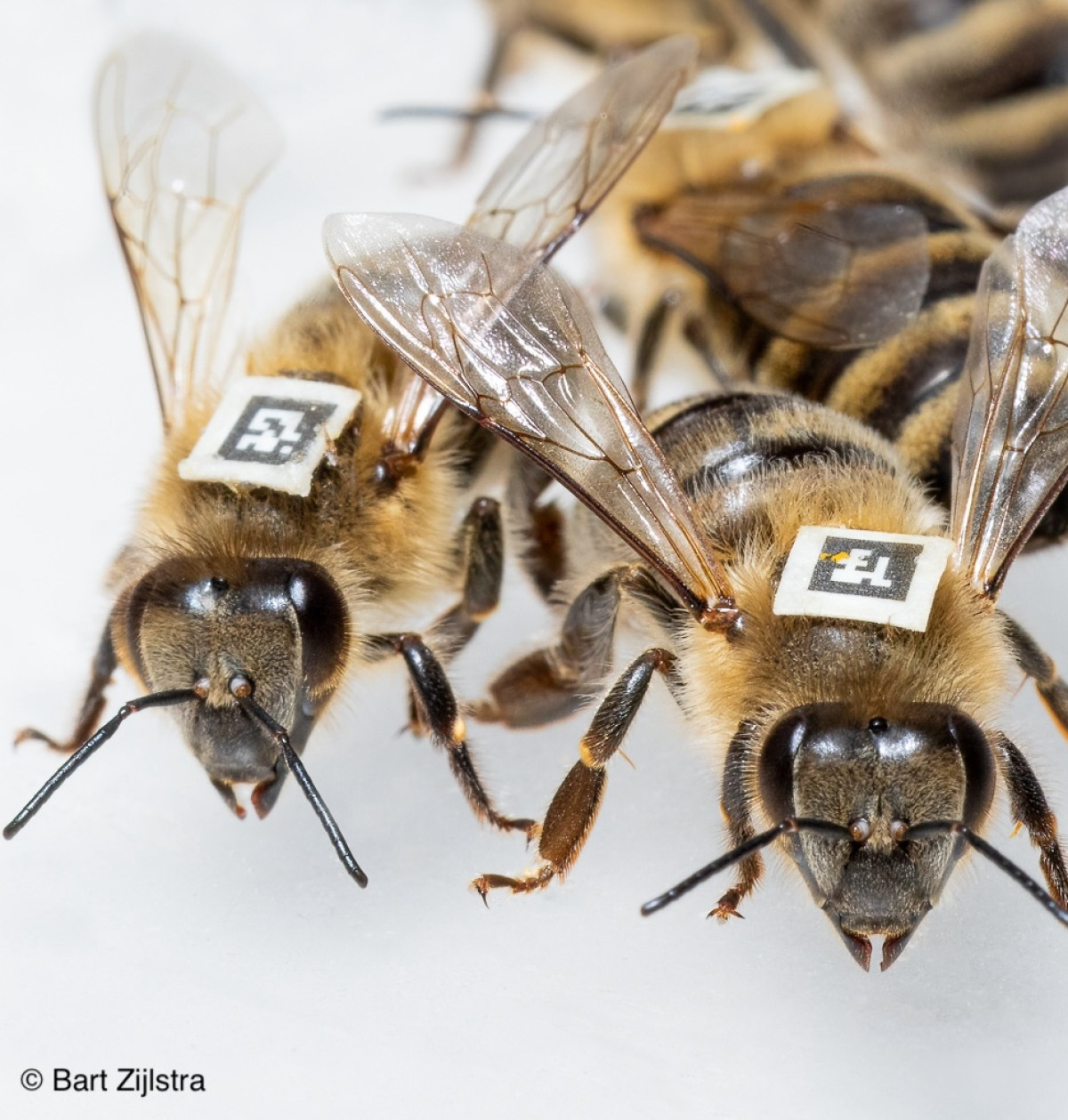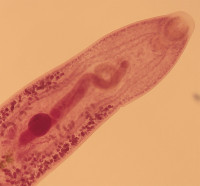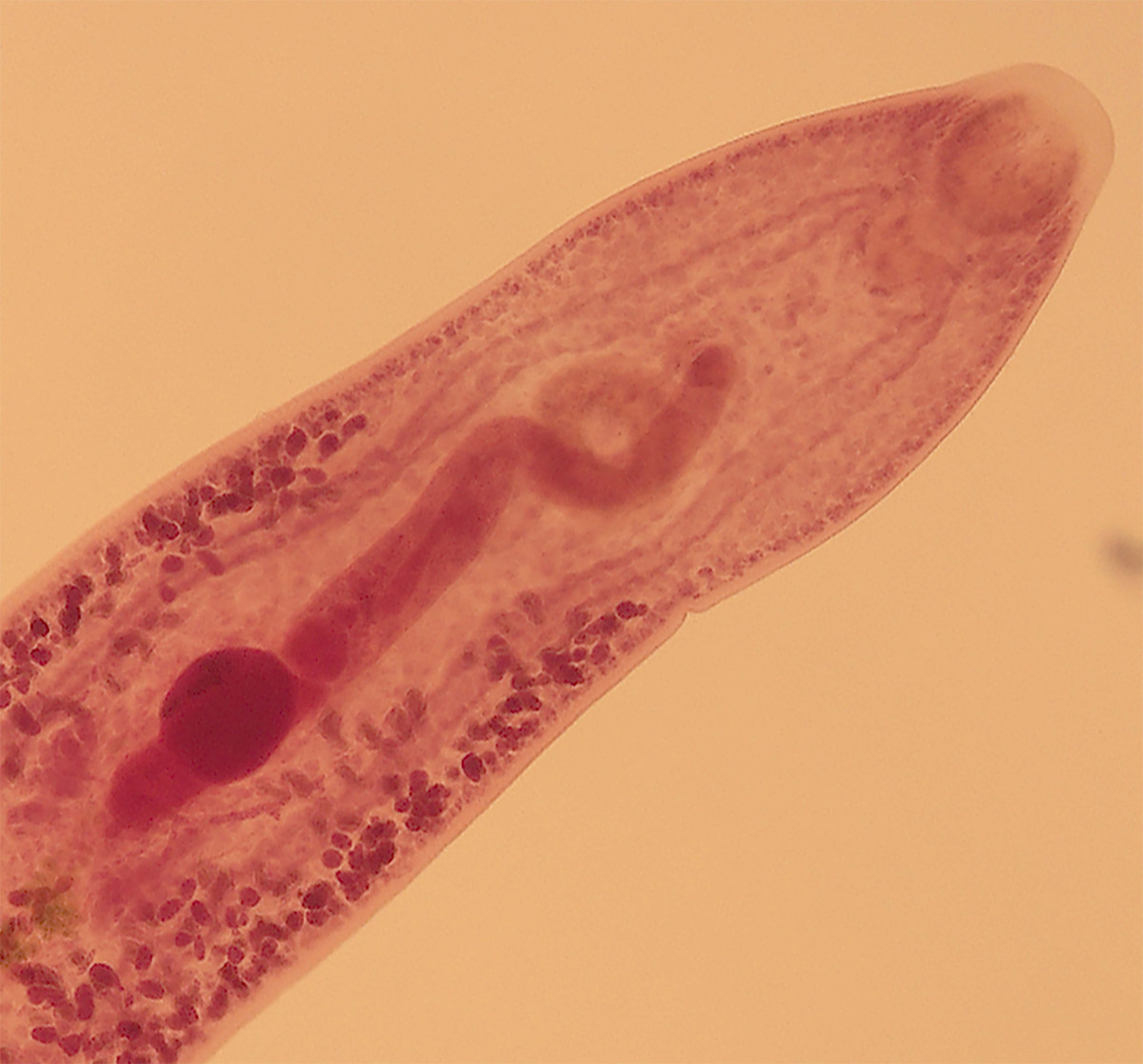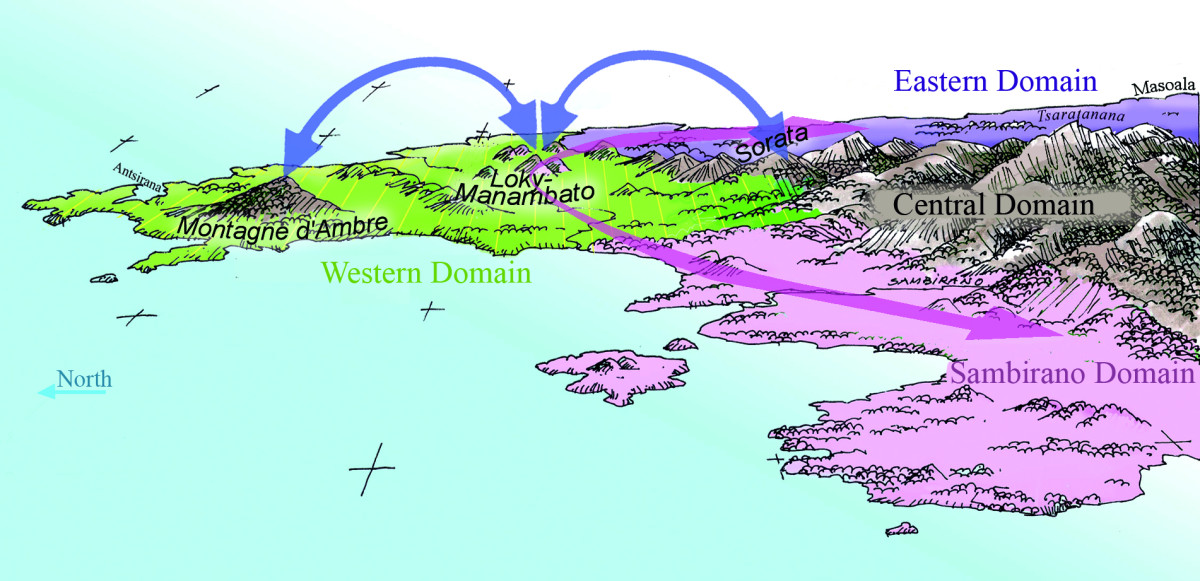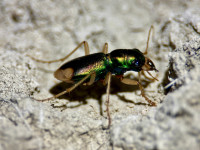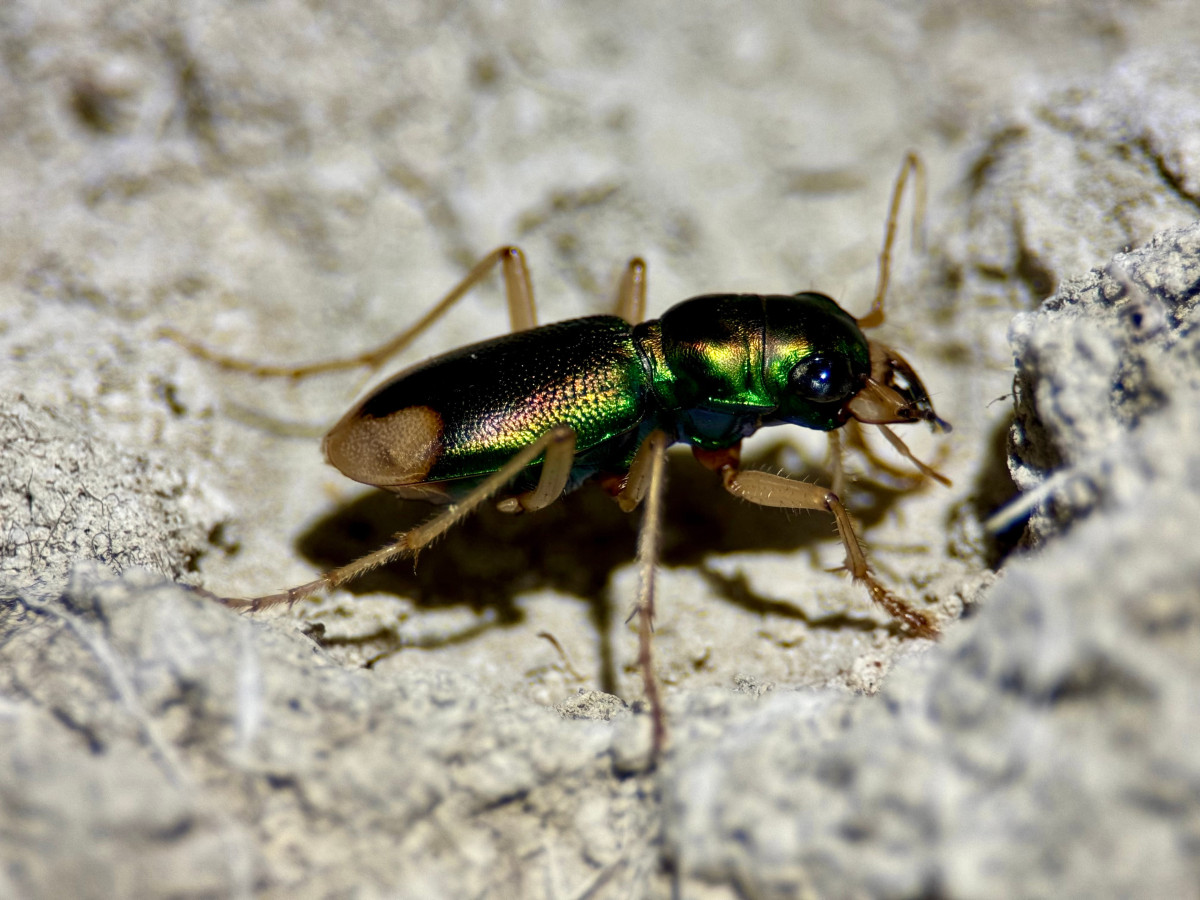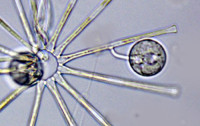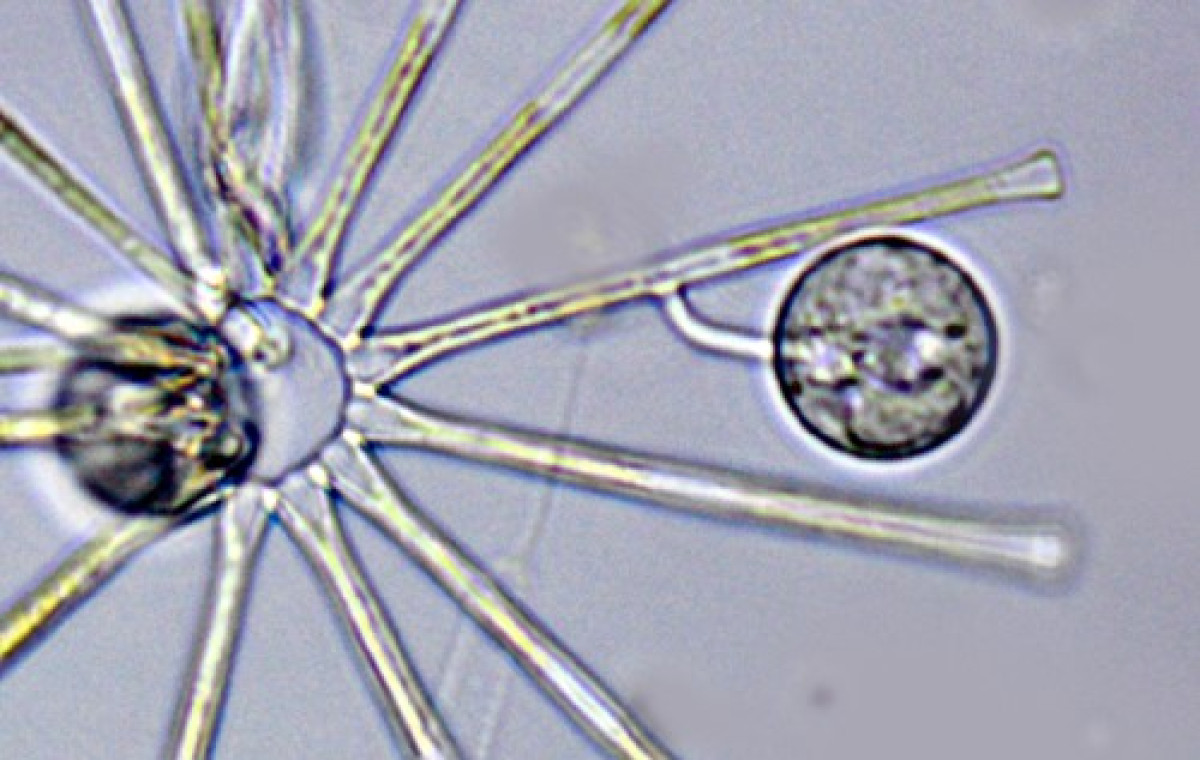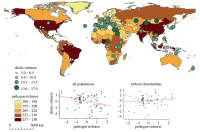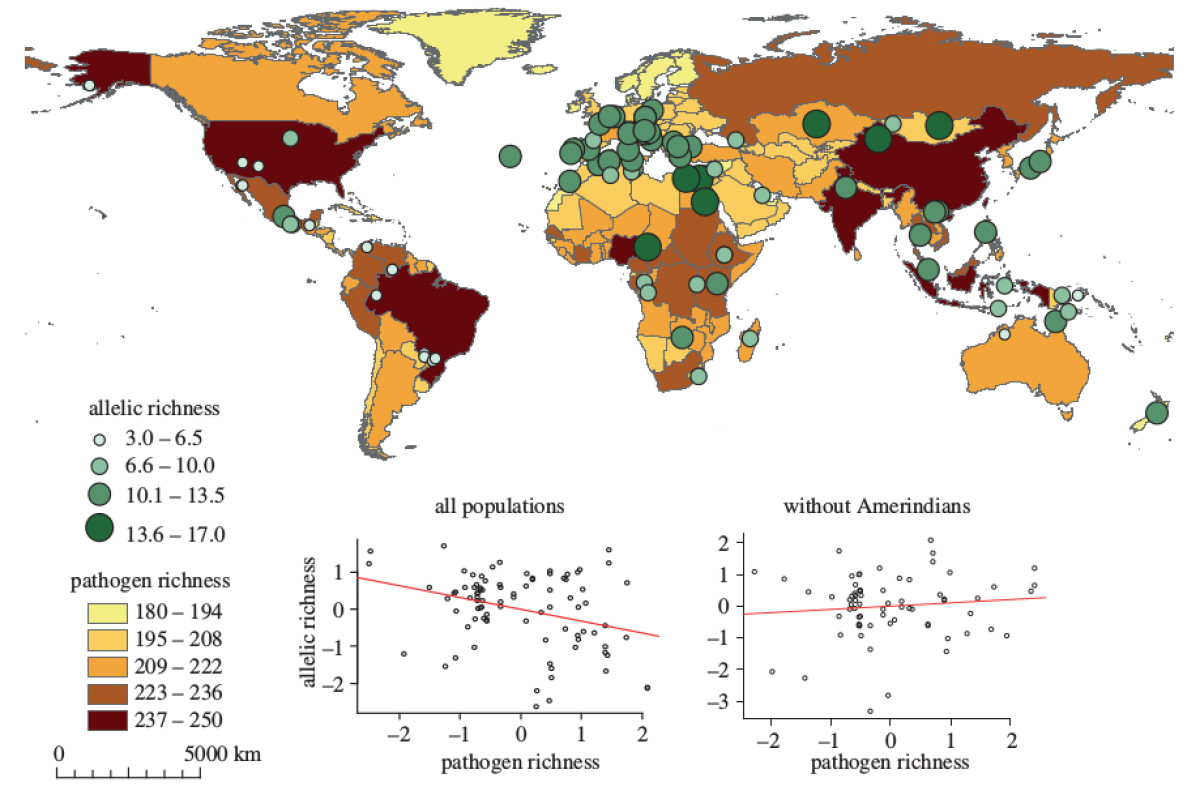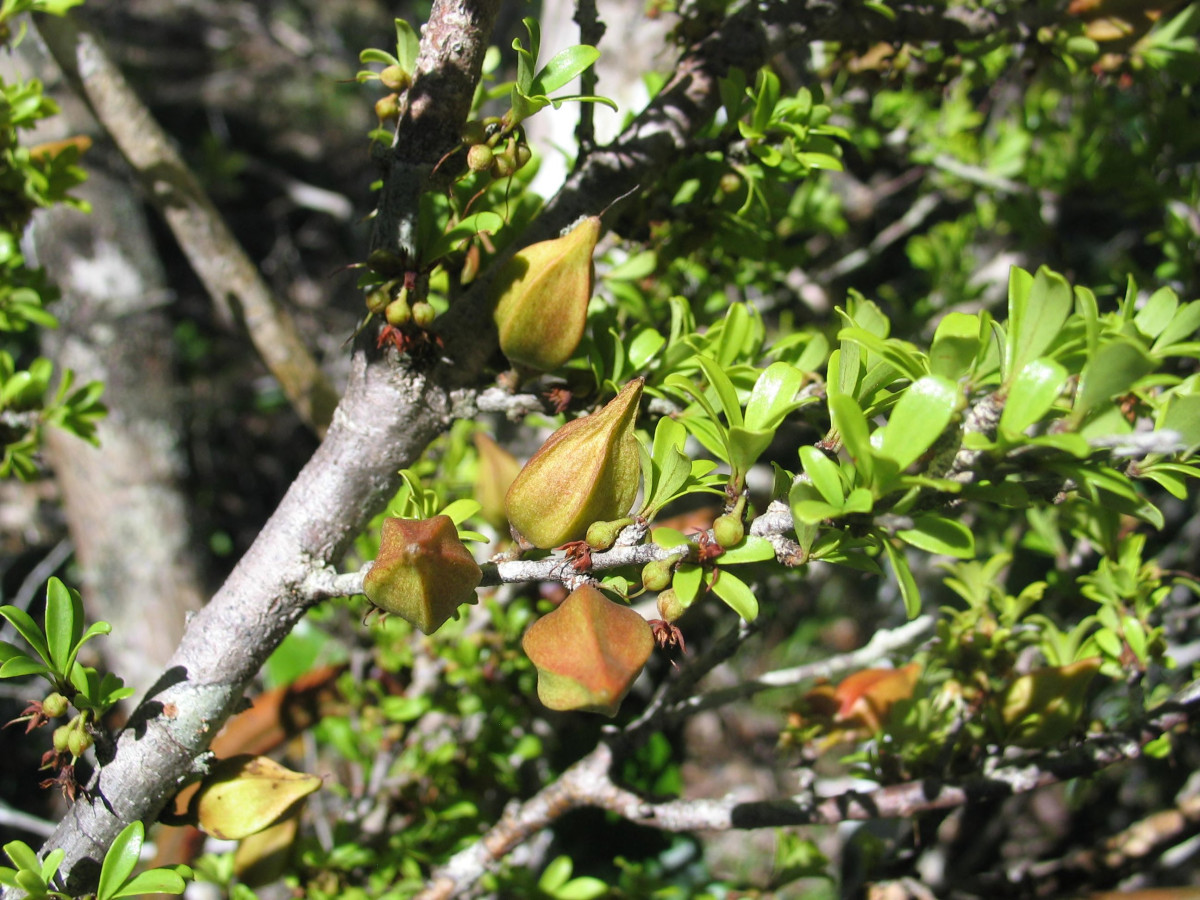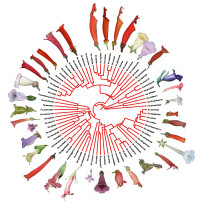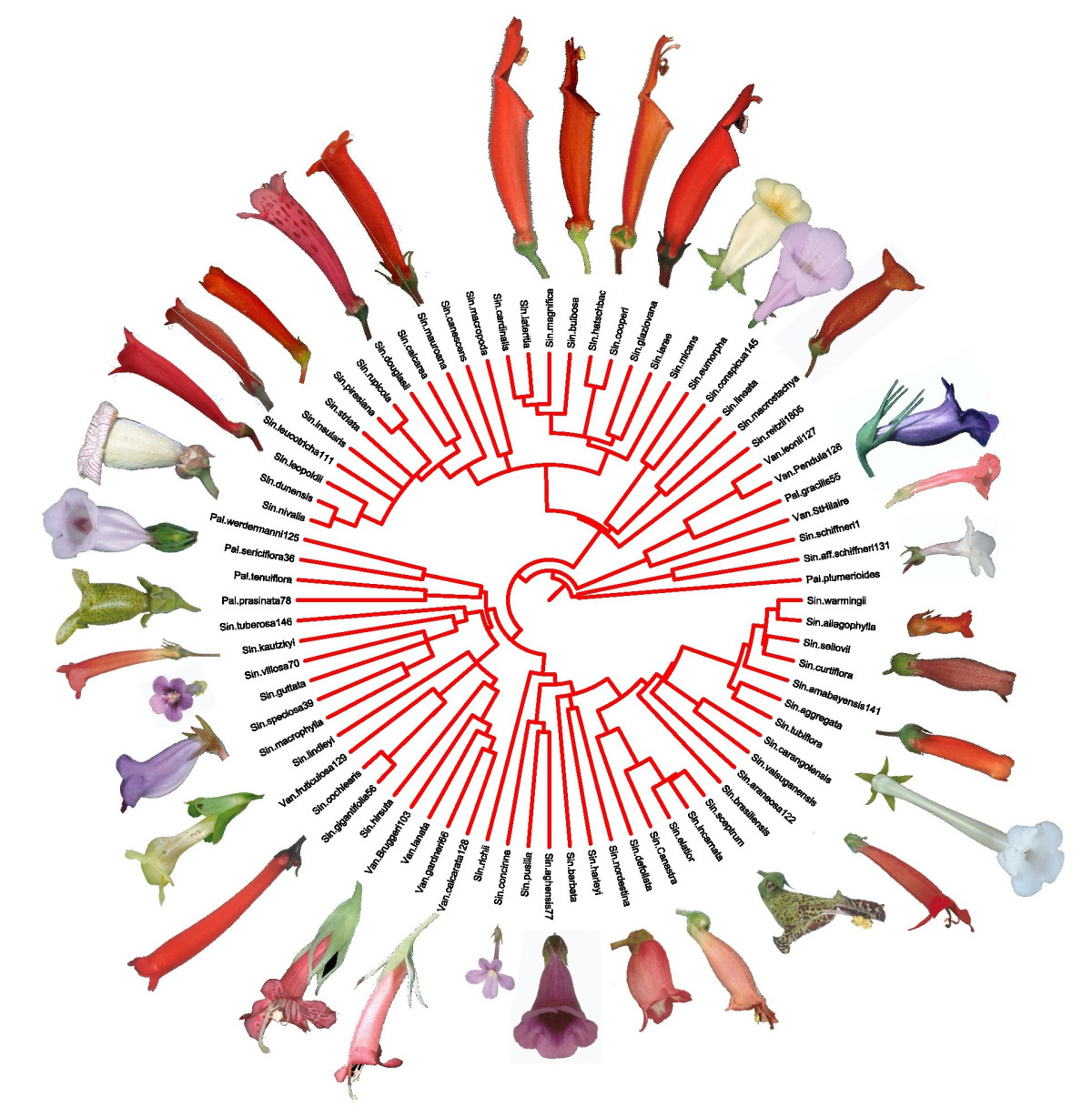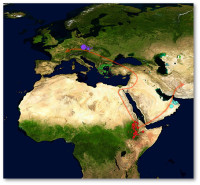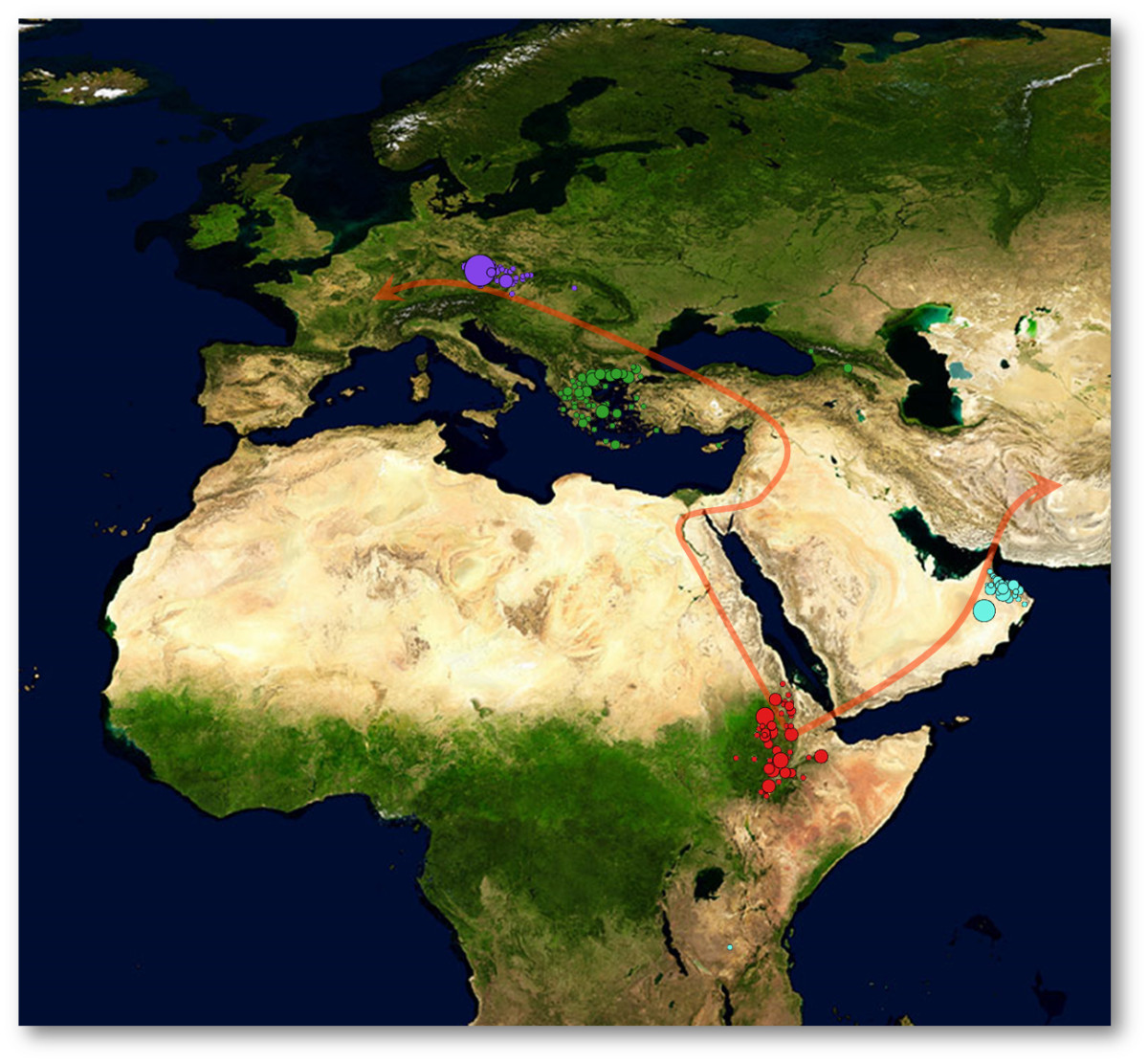Plant and fungal systematics, evolution and biodiversity
The CJBG offers a unique research environment for scientists and students. Our research aims to document and understand plant and fungal biodiversity, to discover how species are related to each other, how they have evolved, and what evolutionary forces have influenced them over time, as well as which factors contribute to their distributions and overall biodiversity patterns. Linked to the University (Dep. of Botany & Plant Sciences) by the Lab. of Plant Systematics & Biodiversity, our botanists, systematists, morphologists, geneticists and bioinfomaticians undertake a wide range of research activities, from plant or fungal taxonomy and systematics, floristics, or vegetation analysis to phylogenetics, phylobiogeography, population genetics and vegetation mapping, modelling and prediction.
Visit our website
Apply now
